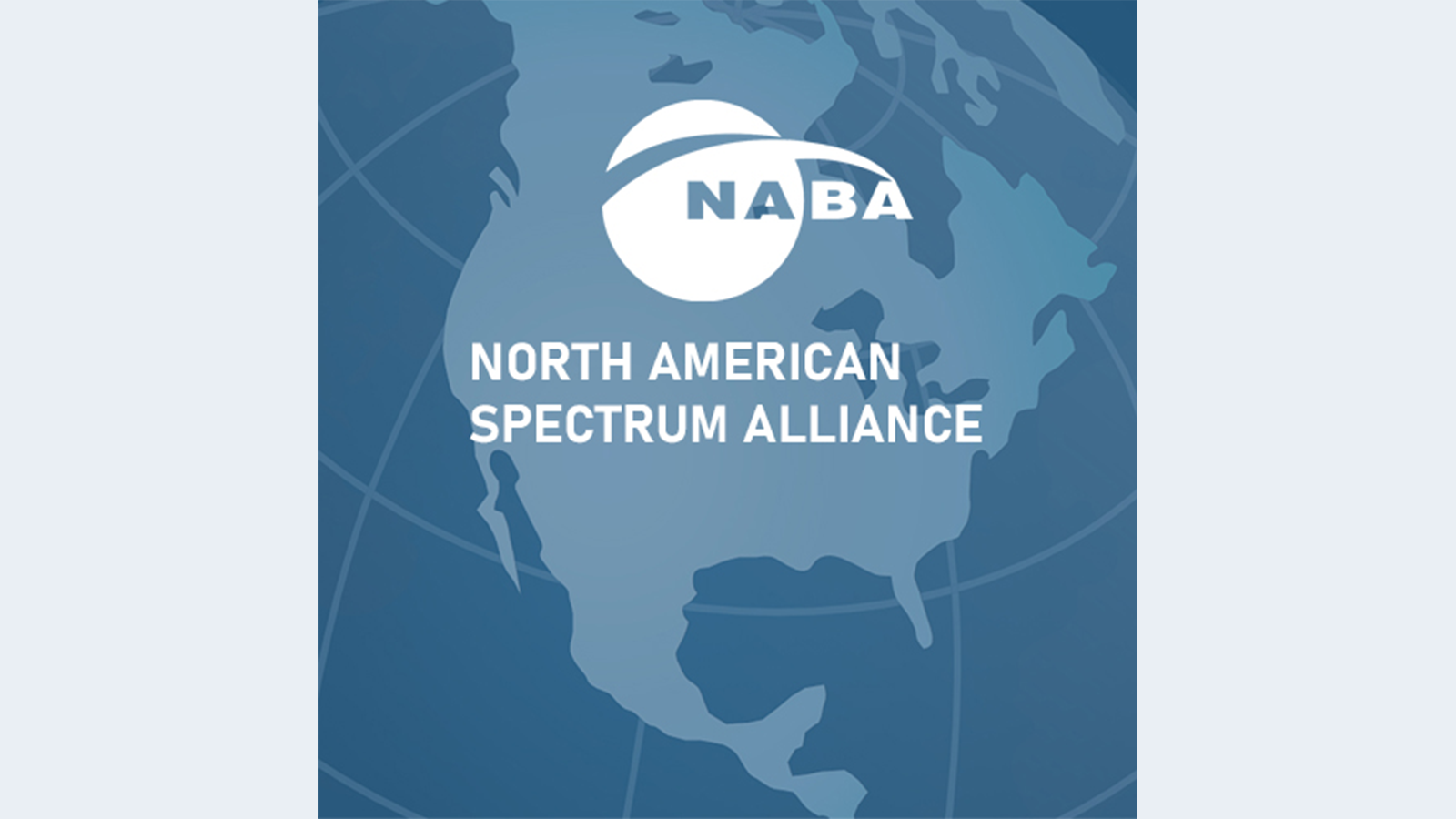Broadcast "flag" comments flood FCC


If approved, TV programming could be encoded with a "broadcast flag" to prevent viewers from freely copying television content.
Last Friday's FCC deadline for public comments on DTV anti-piracy has past, but the controversy over the use of a "broadcast flag" to prevent viewer copying is only beginning.
Although the final count is not in, the FCC had received more than 1,400 comments before the deadline, mostly from consumers. Industry comments are usually filed just before the deadline. Reply comments are due by Jan. 17, 2003.
After that deadline, the FCC will review the comments and decide whether to require that TV set manufacturers install technologies capable of limiting the distribution of digital broadcasts. If approved, TV programming could be encoded with a "broadcast flag" to prevent it from being freely copied.
The proposed rule is a hot button issue that has pitted copyright holders of broadcast programming against viewers who claim the right to freely copy content for personal use. Consumer electronics manufacturers who oppose limitations on home recording are generally supporting consumers in the conflict.
Representing 15 consumer groups, the Consumer Federation of America, called the FCC proposal "an alarming and illegal reversal of consumer rights to record and watch television programming."
The consumer organizations charged that the FCC has given in to an entertainment industry proposal to hardwire TV sets with digital copyright protection technology, under the guise of an effort to speed the transition to DTV. However, the groups contend that the broadcast flag is unlikely to speed the digital transition because DTV is stymied by other factors such as: a lack of compelling content, intransigent cable operators who have refused to facilitate set-top box interoperability, cost barriers and weak consumer awareness.
Get the TV Tech Newsletter
The professional video industry's #1 source for news, trends and product and tech information. Sign up below.
"By reducing functionality, the broadcast flag is much more likely to slow the transition and leave the new digital media far less innovative and consumer-friendly than they could be," said Mark Cooper, the Consumer Federation's director of research. "A decade of analysis of the new digital media has shown that policies that expand consumer choice with increased options, enhance consumer control, and encourage consumer use speed adoption and stimulate innovation."
At stake is the principle of "fair use," a concept that allows consumers the right to record unless the content owner can show that their copyright is being violated. Since home VCRs became available in the mid-1970s, consumers have had the legal right to make copies of copyrighted works, without obtaining the prior consent of copyright owners.
The consumer groups argue that Hollywood and the broadcasters now want to radically alter this longstanding approach to fair use. Furthermore, they want to hardwire this ban into the equipment that records or plays the material.
Click here to download the full text of the comments from the consumer organizations.
